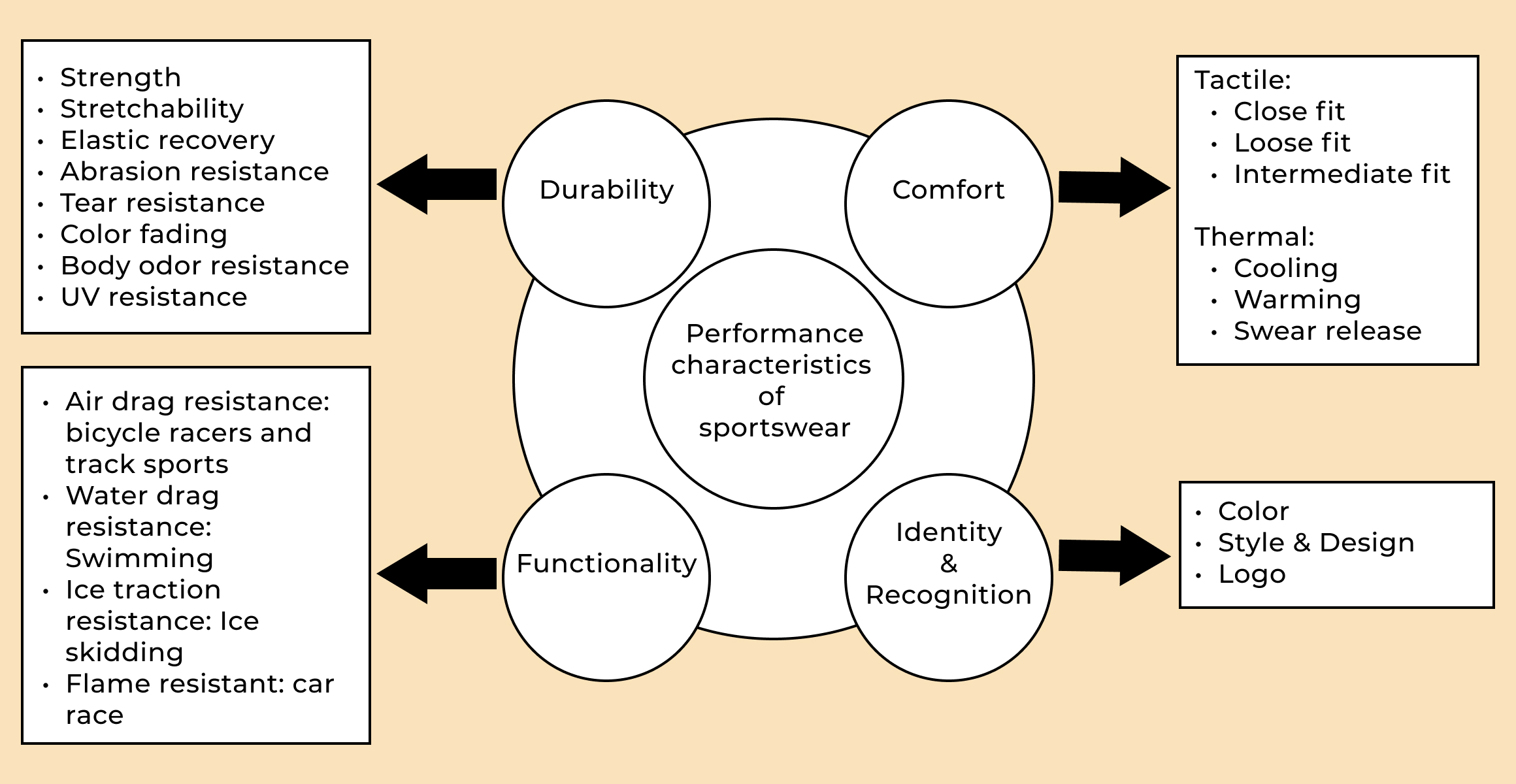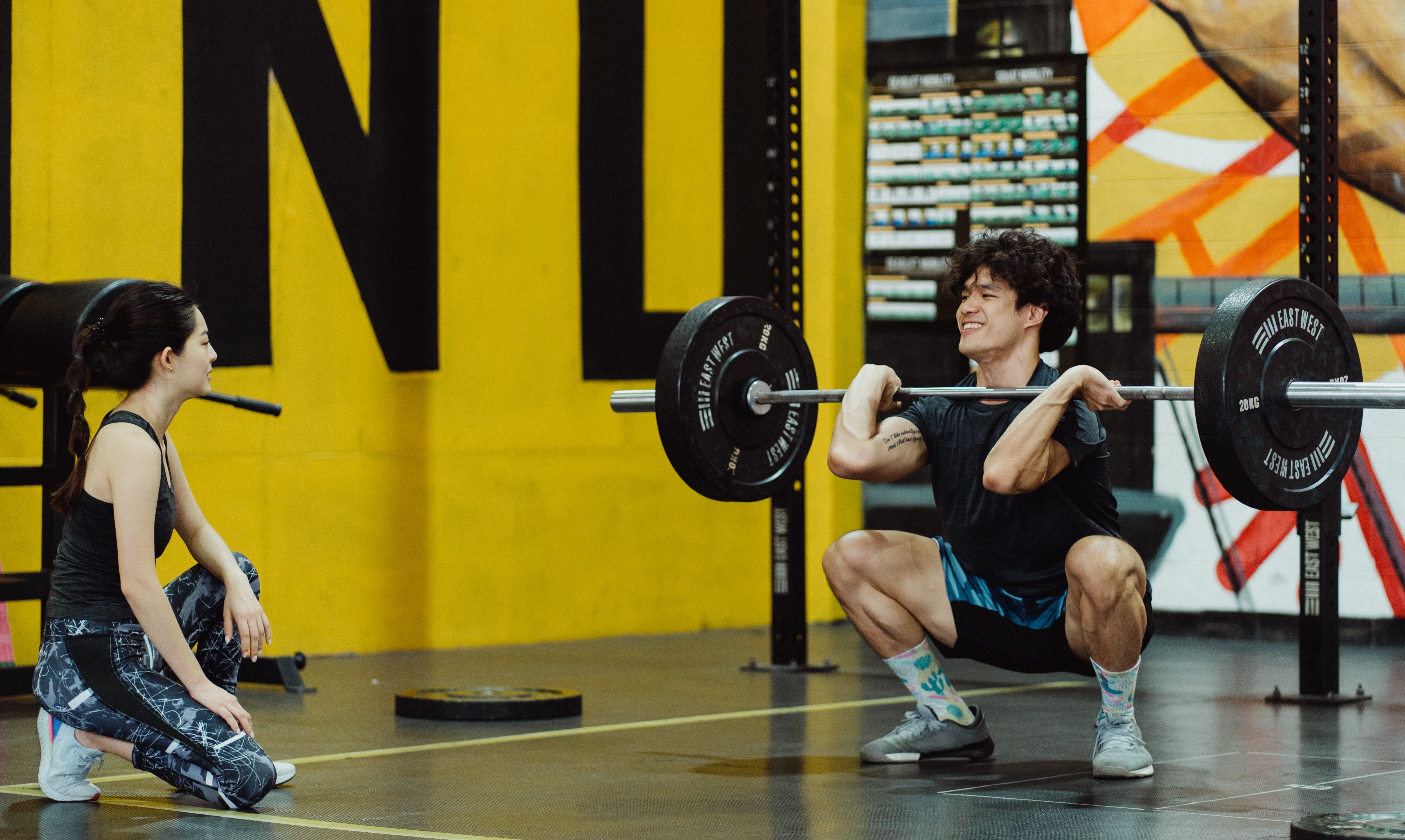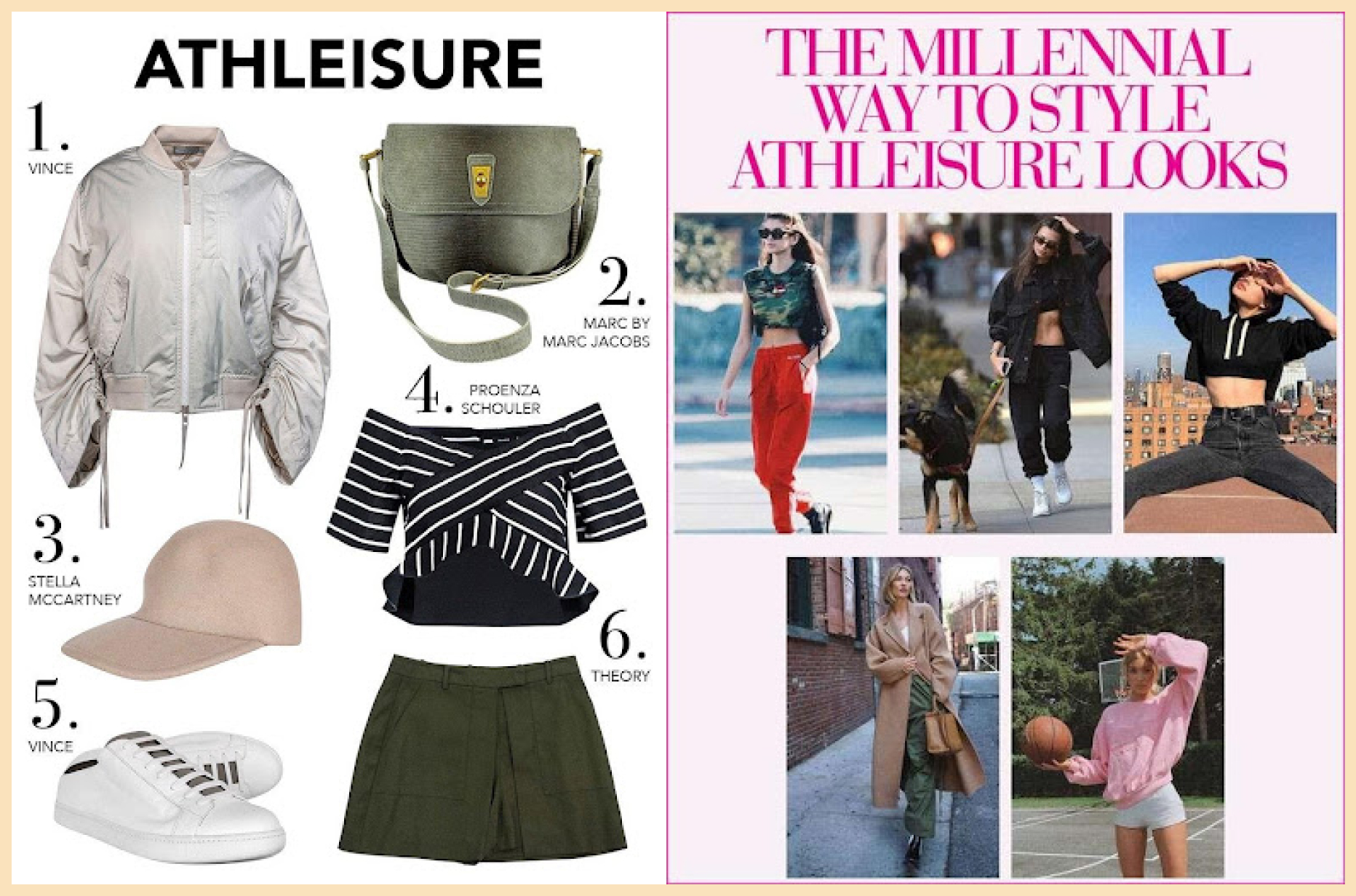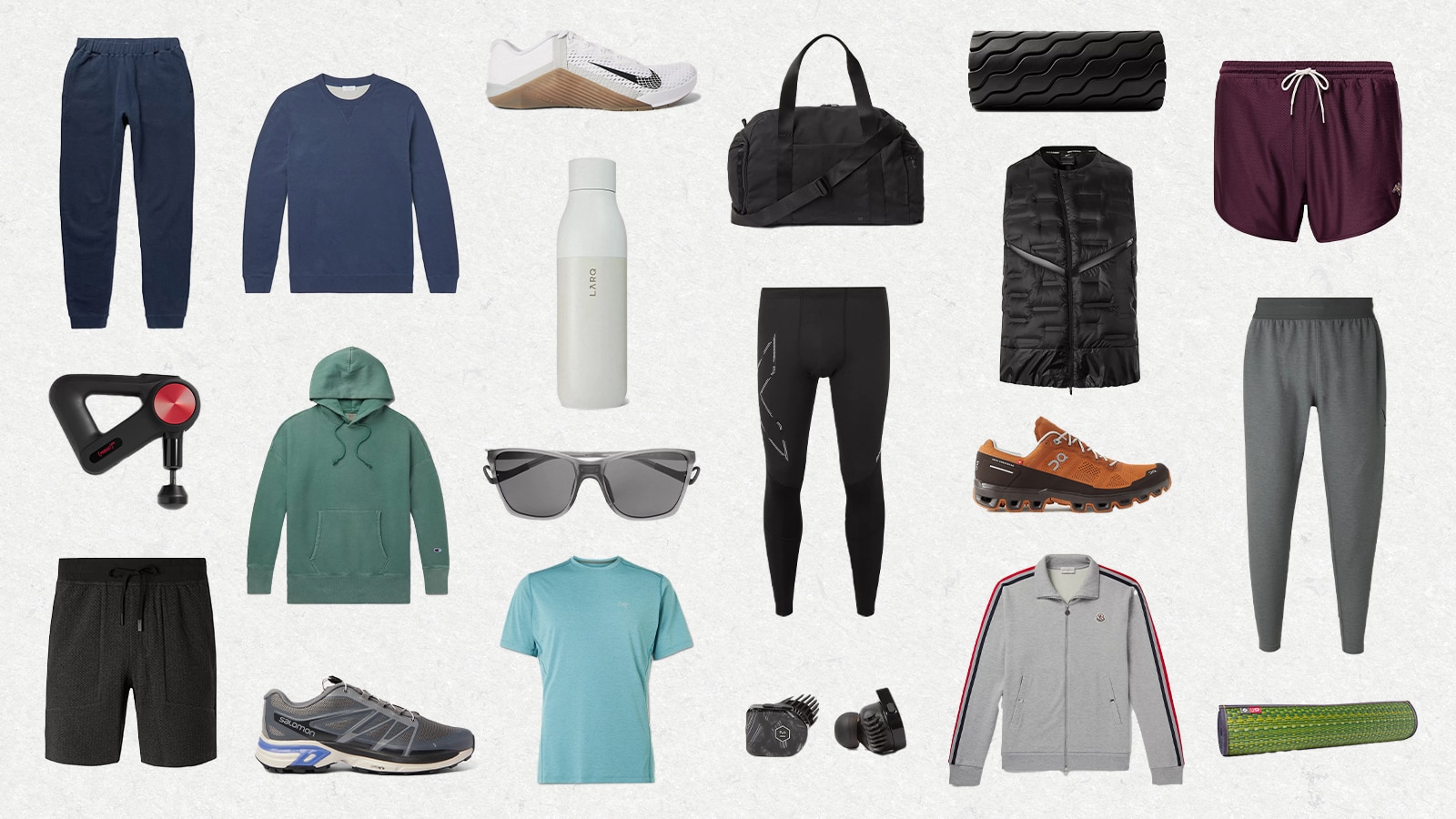
Sportswear – a clothing that suits more with a specific sport in mind, like running, Gymnastics, Cycling or Tennis etc. or other individual or team sports. Sportswear’s beauty is that it can be worn as casual/fashion wear, for less active sports activities or for intensive workout. A good Sportswear should be durable with strength, stretchable, elastic recovery, heat abrasion resistance, sweat resistance.
“Every Sport needs specific sportswear clothing and gears. Using the wrong sportswear will kill your performance and comfort. Always choose a right sportswear for any sport.”
A sportswear fabric is not like other normal fabrics. It is especially designed and manufactured for sportswear garments. Sportspeople have specialised clothing manufacture to meet the demands of different sports. Few but most important properties of the fabric used in good Sportswear garments are: Thermal Properties, Moisture Wicking Properties, Stretchability Properties, Compression Properties, Weather Proof Properties, Light Weight, Durability, Easy Maintenance etc.

Fabric Composition is one of the key things of a fabric of any particular Sportswear.
Our team has expertise in fabric composition elements of synthetic yarn used in different sports garments for a variety of Sports. Every Sport demands a specific fabric element composition. Few of the most used elements are: Nylon, Polyester, Spandex, Elastane, Cotton, Viscose, Rayon, Model etc.
Best recommended elements composition example for few Sports garments are:
Gym T-Shirt - 91% Polyester + 9% Spandex,
Jogger - 79% Viscose + 17% Polyester + 4% Spandex
Hoody - 85% Cotton + 10% Polyester + 5% Spandex
Leggings & Sports Bra - 88% Nylon + 12% Polyester
Top - 95% Rayon / Polyester + 5% Spandex
GSM Selection(Grams per Square Meter) is another main factor of a Sportswear.
In Sportswear, “GSM Selection” is very important for different kinds of Sports garments. For example running shorts are made of lightweight material with about 90gsm to 120gsm only, but other Sportswears use heavy gsm.This gives more comfort and enables better performance for the wearer.
Example:
T-shirts & Cut off - 190gs to 220gsm
Leggings & Tights - 280gsm to 290gsm
Ladies Top - 130gsm to 150gsm
Sportswear helps athletes to maintain/improve their performance by optimizing thermal physiology, supporting movements with an optimal combination of elasticity and compressing structures which can help prevent injury during performing and better recovery process in-between workouts.
Wearing sportswear during training can significantly reduce the DOMS (Delayed Onset Muscle Soreness) and post-workout muscle cramps compared to wearing non-specific sportswear.

Over the years, Athleisure moved from sportswear, which was clothing designed for a specific sport, to the one-size-fits-all approach to athletic apparel that defines athleisure clothing today. The athleisure trend really found its footing in the early 2000s, shortly after Lululemon was founded in 1997.
Athleisure outfits include yoga pants, tights, sneakers, leggings and shorts, that "look like athletic wear" but are characterized as "fashionable, dress up sweat and exercise clothing". The idea is that gym clothes supposedly make their way out of the gym and become a larger part of people's everyday wardrobes.

Due to great innovations in textiles and technology, improvements have been made in functionality of sportswear garments such as breathability, moisture wicking (keeping the skin dry and comfortable), UPF (protection from harmful UV rays), Anti-Static, stretch (for better fit and comfort in movement), Water repellent (making the clothes water, soil and oil repellent), Waterproof (for those rainy days), Odor Resistant (to avoid the bad sweat smell), etc. This way the new garments have become performance-enhancing, in the sense that they allow wearers to carry out their everyday activities easily.
Due to the high potential in this category, we can see that top apparel brands like Gucci, Prada, Tommy Hilfiger, USPA etc. in the Fashion and Lifestyle category are increasing their focus on Athleisure.

Typical sport-specific garments include tracksuits, different types of shorts, T-shirts and Polo shirts, gym workout suits, specialized garments include swimsuits (for swimming), wetsuits (for diving or surfing), ski suits (for skiing) and leotards (for gymnastics). Sports footwear includes trainers, football boots, riding boots, and ice skates. Sportswear products may be categorized into different types including auto racing wear, football wear, basketball wear, cycling wear, martial art wear, skiing wear, soccer wear, and yoga wear.
Our team has many years of experience working with top Sportswear industries leaders in sportswear fabric and garments and working with a variety of fabrics used for Sportswear and Activewear, such as Poly knit, Poly-woven, Nylon, Poly Spandex, Poly Nylon Rayon, Fleece and Mesh, whose valuable in-depth knowledge and experience helps us in improving the Products quality, Reliability, Durability etc. and how sportswear industries and brands work.
Our Quality Team has over 20 years of excellence knowledge and experience in Quality Checking (QC). We commit to high quality products, through testing and inspections, and a no compromise policy on fabrics, stitching, and compound.
We at VGL Sports follow the "On time, Every time" principle and we provide 100% customer support through multiple platforms, including our website, emails, WhatsApp, and phone number.
North West Delhi, Delhi (India)
